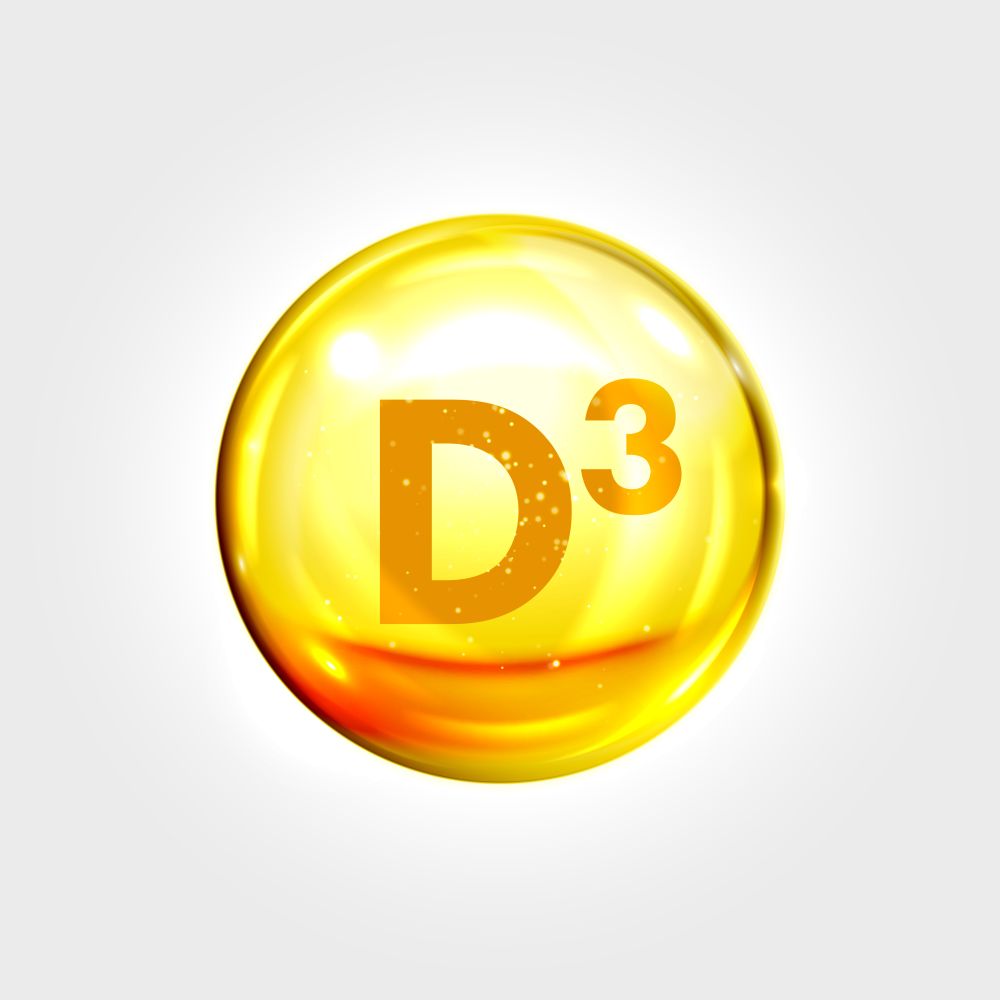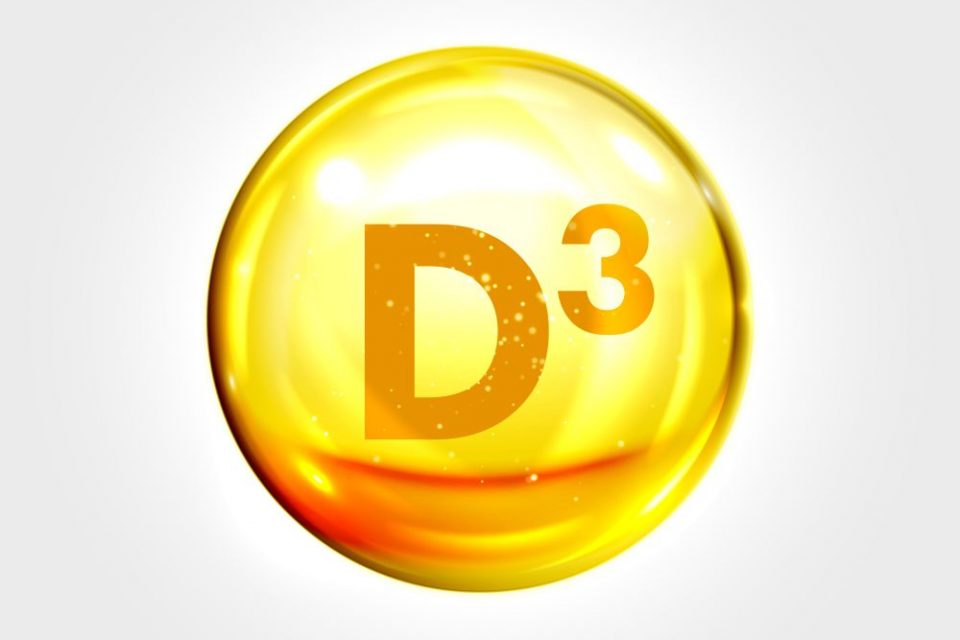
What is vitamin D and why is it so important? How do we know we’re getting enough and how best to take it? What does it do for my body? These are very commonly asked questions, and rightly so – vitamin D is very important for good health, but many of us have no idea whether we have enough, and how to replenish our supplies if we are low. This post will endeavour to answer some of these questions, and help you understand how you can self-monitor your levels throughout the year.
What is vitamin D?
Firstly, for clarity, I’m talking about specifically about vitamin D3, also known as the ‘sunshine vitamin’. It’s a fat soluble vitamin, which means it needs to be consumed with fats in order to be absorbed. The body actually converts the vitamin into a hormone – it’s other names are calcitriol and activated vitamin D.
How is it consumed or activated?
Vitamin D3 can be consumed in one of three ways: it can be taken in supplement form (more on that later); it can be consumed in foods, although it’s almost impossible to consume enough D3 in foods; it can also be synthesised by the sun’s rays. We recommend that our clients supplement in the winter months (typically September to March), and then get what they need from sunlight in the summer months (March to September).
Why is it important?
Vitamin D3 helps to promote calcium absorption in the gut, and is vital for both bone growth and also bone remodelling (by contributing to the role of osteoblasts which help remove old bone so that new bone can be generated). It also helps to prevent osteoporosis when used alongside calcium (osteoporosis is the natural degeneration of our bones as we age, and affects post-menopausal women in particular). Vitamin D3 helps with cell modulation and cell growth, and contributes to good neuromuscular and immune system functioning.
How do I know if I’m getting enough?
It’s very easy to take a vitamin D3 test, and there are several ways you can do it. One way is to request a test from your GP. That will be a blood test that will be done by a phlebotomist at your local hospital. You can also order a home kit, which is a simple finger-prick blood test, and results take about a week. If you want to test for other things at the same time, I recommend contacting us about our Health MOT services as we cover vitamin D3 as standard.
What are the symptoms of vitamin D3 deficiency?
Rickets used to be a common condition amongst children (called osteomalacia in adults), but there were less than 700 reported cases from 2013-14 so it’s very rare. Studies have shown that many people in the UK are deficient in vitamin D3 though. Signs that you might be deficient include unexplained fatigue, aches and pains in your bones and frequent infections. I have known many clients to be lacking in vitamin D3, and it’s certainly one of the first things I recommend checking for as it’s so simple to do. A lack of vitamin D3 has also be linked to cancer, asthma, type II diabetes, high blood pressure, depression, Alzheimer’s Disease, Multiple Sclerosis, Crohns Disease and type I diabetes.
Who is at risk of low vitamin D3?
Anyone who is indoors a lot, and rarely gets sunlight on their skin. This can include women of Muslim faith who wear the niqab or hijab, or people who wear clothing that covers all their body (as most of us do in winter). You are more at risk if you’re older, as your skin is thinner, and pregnant women and obese people are more at risk too. If your skin is black, you are also more at risk because pigmentation in your skin prevents the sunlight from getting through as effectively.
How do I know how much I need to supplement?
There are now DNA tests which amongst other things will tell you what your requirement is for vitamin D3 (raised or normal). By working with you to understand your diet and food habits, we can also determine approximately how much your getting through food, and how much natural light your getting. I spend a lot of time outdoors all year round, yet even after summer my levels were only adequate. I take a supplement (I use Cytoplan), and as my DNA results tell me I have a raised requirement for D3, I take 5000 IUs per day in winter and 2500 in summer. Don’t follow my example though without checking your own levels first. Contact us if you want help.
Leanne Spencer is an entrepreneur, coach, TEDx Speaker, author of Remove the Guesswork: the highly personalised approach to health, fitness and nutrition that puts you first, and founder of Bodyshot Performance Limited. Bodyshot is a health and fitness consultancy that uses innovative techniques such as DNA testing, wearable tech, biohacks and bespoke coaching to transform the lives of our clients. Visit www.bodyshotperformance.com or send an email to info@bodyshotperformance.com for more information or to register your interest in our services. Connect with us on Facebook, Instagram and Twitter.


